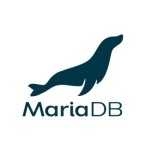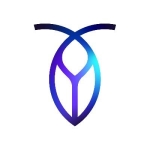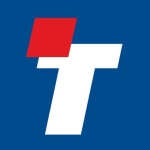Oracle released the latest version of its flagship database product last year. The release was a big one because Oracle changed the fundamental architecture of the database. This was done to provide flexibility to manage and provision a database in the Cloud environment.
In 12c, Oracle introduced the much touted Multitenancy feature consisting of the Container and Pluggable database concept. Even though five hundred other new features were released along with it, every discussion of 12c will revolve around the new Multitenant Databases Architecture.
One of the requirements when developing the Multitenant Database was that it should allow organizations to consolidate multiple databases into a single database instance, with ease. This allows for efficient sharing of Operating System resources at the database level and reduction to the Oracle Licensing and other infrastructure costs.
Another important feature required in the world of Cloud is the ability to rapidly provision a database when required. Reduction in upgrade time is also very important.
In the past, Multitenancy has been implemented at the Application level. However Multitenancy implemented at the Operating System is more common. It is achieved by moving individual database instances onto a few large servers. This does provide benefits but not at the same level of consolidation and flexibility as the use of the Multitenancy with 12c.
When announcing the Oracle 12c release, Larry Ellison commented, “I have always been against the idea of implementing Multitenancy at application layer. It should always be at OS level via virtualization or at database level. In our tests database level Multitenancy outperformed OS level Multitenancy.”
So How is Oracle 12c Different?
Oracle 12c consists of the CDB container database (CDB). The CDB container owns the traditional memory structure (SGA), the background processes, SYSTEM and SYSAUX tablespaces. The CDB$ROOT root database structure in the CDB container stores all the metadata. One of this Container Database can host up to 250 pluggable databases.
The PDB databases are similar to the traditional database but plugged into a CDB Container. Previously, in a non-CDB database only one database can be mounted by the SGA. In Multitenancy though, multiple PDB databases can be attached to a single CDB SGA and all the resources of the CDB are available to all PDBs. The PDBs are completely self-contained.
There are other numerous features but the greatest selling point is the above mentioned Multitenant feature. Tests have shown that Oracle has done a great job in making sure that this major architectural shift does not impact the overall product stability. Oracle has been working on this version for last four years. As a fruit of the hard work, the 12c database has proven to be very stable.
Additional cost?
The only major concern for organizations, who are thinking about embracing this option, is the additional licensing cost. In spite of this concern, consolidation at the database level will in fact increase the savings by allowing efficient sharing of resources.
Conclusion
The new oracle 12c database design has made it possible to move a database around on other servers with ease. The option to quick provision a new database at the tip of s single command is not hear of before. Oracle 12c has truly revolutionized the way a database can be managed and maintained. All these features can be used without having to make a single application change!
Disclosure: My company does not have a business relationship with this vendor other than being a customer.















It's a very informative blog On Oracle 12c and It is useful article thank you for sharing with us, keep posting learn more about Oracle Certification
onlineitguru.com/oracle-soa-online-training-placement.html